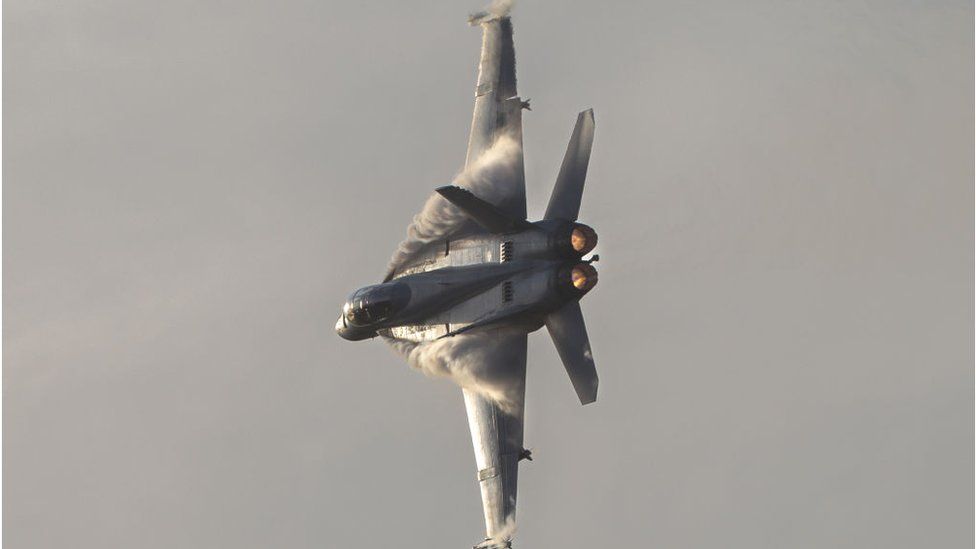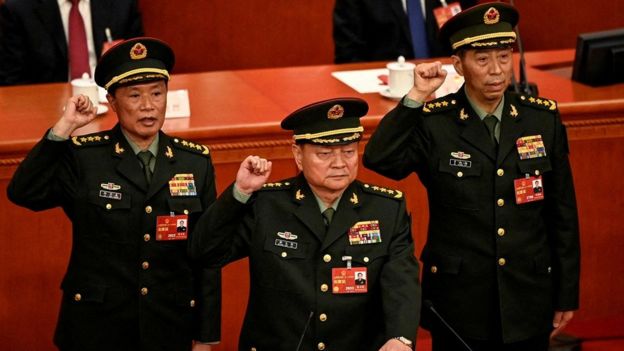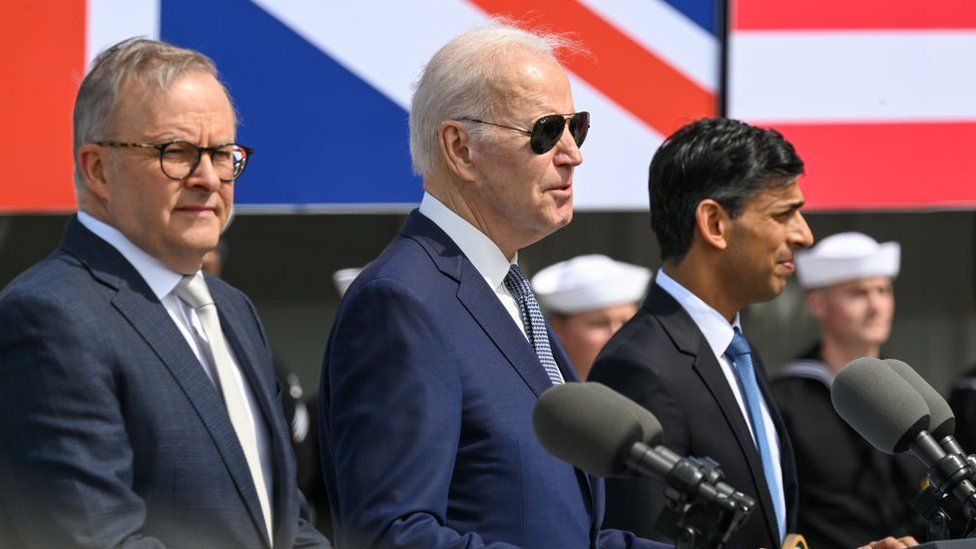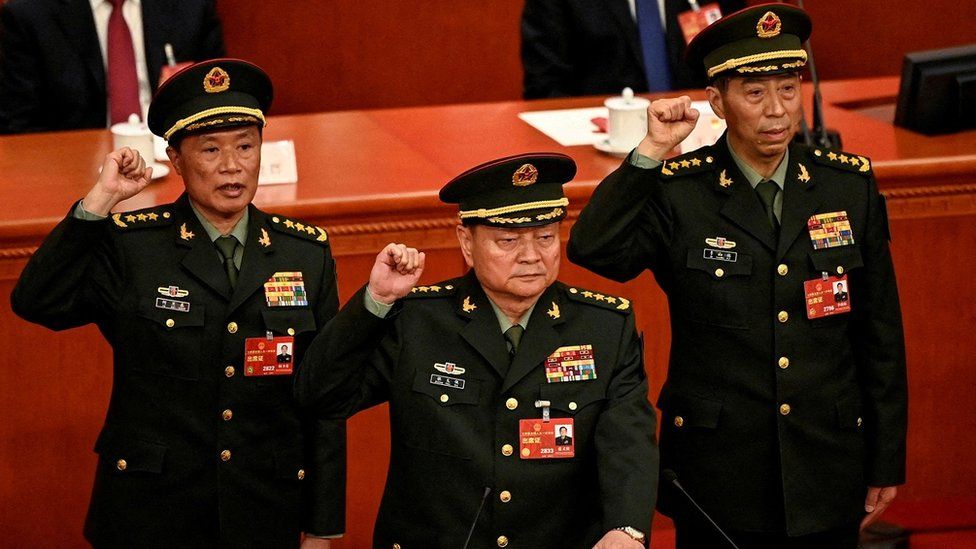
Australia will speed up efforts to buy longer range missiles to counter the growing threat from China, a major defence review says.
It warns the country can no longer be protected by its geographic isolation in the “missile age”.
The government will spend some A$19 billion ($12bn, £10bn) to deliver the immediate recommendations.
The 110-page report is described as the biggest overhaul of Australian defence since World War Two.
Prime Minister Anthony Albanese said the long-awaited Defence Strategic Review (DSR) is “the most significant work that’s been done since the Second World War… [in] a world where challenges to our national security are always evolving”.
The review comes amid increasing military tension in the region over China’s stance towards Taiwan, which it has repeatedly vowed to take by force if necessary. The Chinese navy has also established a major presence in the South China Sea, claiming parts of it as its own territory, contrary to international law.
“China’s military build-up is now the largest and most ambitious of any country since the end of the Second World War. This build up is occurring without transparency or reassurance to the Indo-Pacific region of China’s strategic intent,” it says.
Under the review, Australia’s armed forces will switch focus from land-based armour to “longer-range strike capability, with munitions built in Australia”, Defence Minister Richard Marles said.
“We need to have a defence force which has the capacity to engage in ‘impactful projection’,” Mr Marles told reporters.
The minister said the acquisition of “precision strike missiles” with ranges in excess of 500km (310 miles) would give the army “the firepower and mobility it needs into the future”.
The review says Australia’s northern defences should be strengthened, with the Australian Defence Force (ADF) given greater operating ability from northern bases.
Australia will also fast track plans to acquire the land-based High Mobility Artillery Rocket (HIMARS) system, used by the Ukrainian Army to stem the Russian advance.
To fund the new priorities, a number of projects including plans for new self-propelled guns and ammunition supply vehicles, will be shelved.
Mr Marles said the review also highlighted the importance of keeping a “continuous shipbuilding capability in this country”.
In March, the US State Department also approved the sale of 220 cruise missiles to Australia in a deal valued at $895m.
The non-nuclear missiles will be used by the Virginia-class submarines that Australia will acquire from the US under the Aukus defence pact agreed by Australia, the UK and the US.



